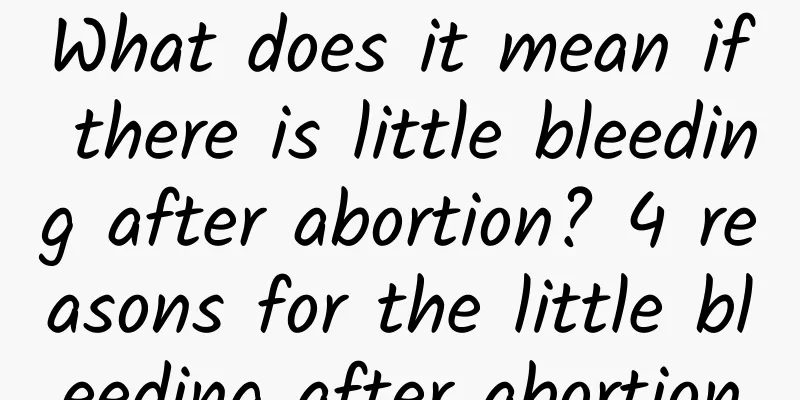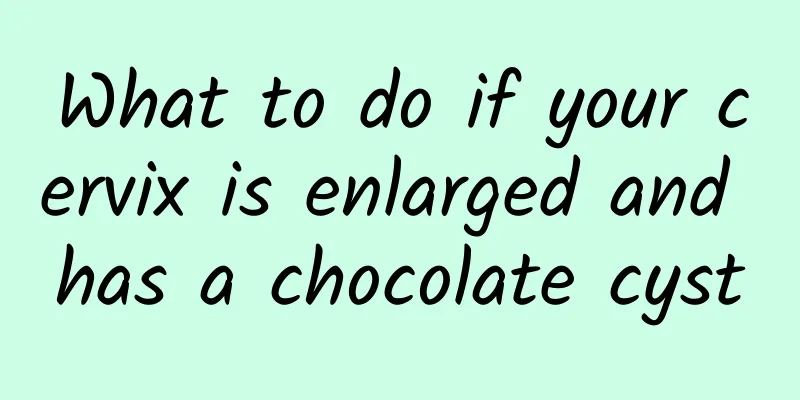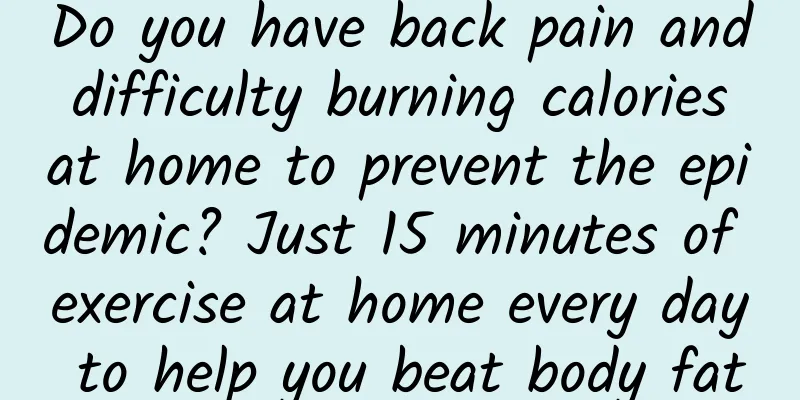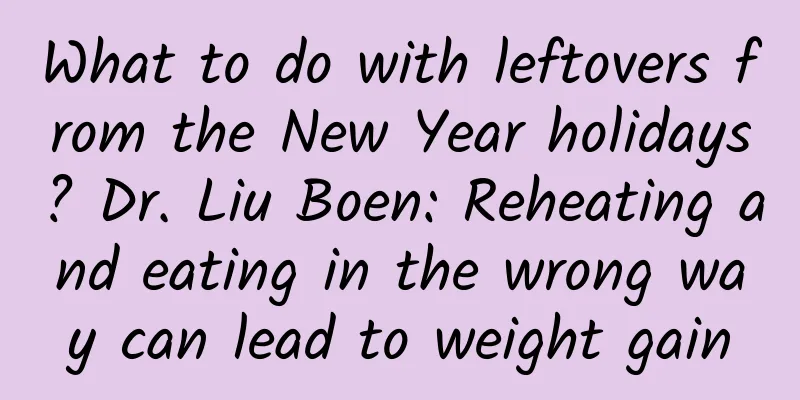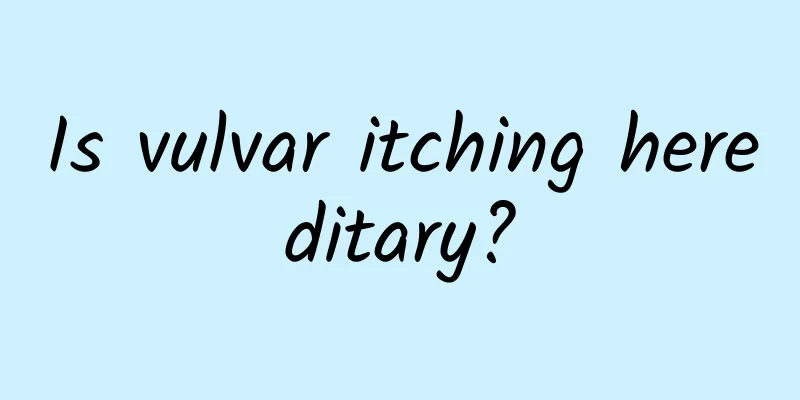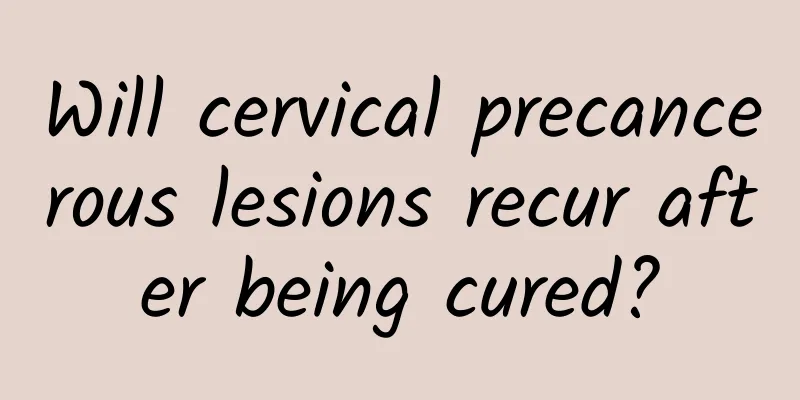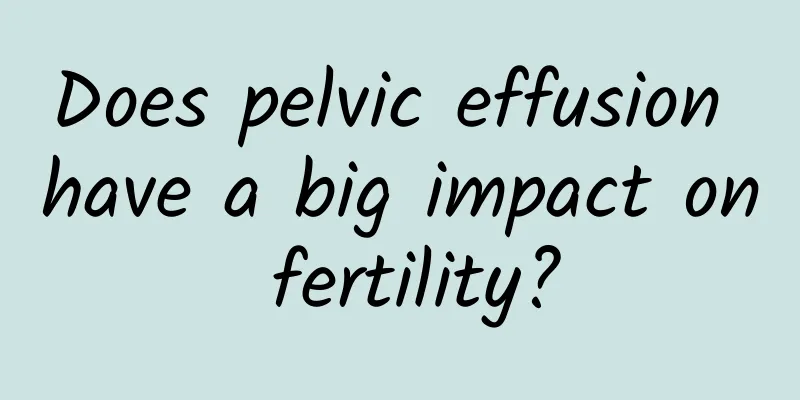12 frequently asked questions about weight loss. If you have the same questions, you may want to take a look.
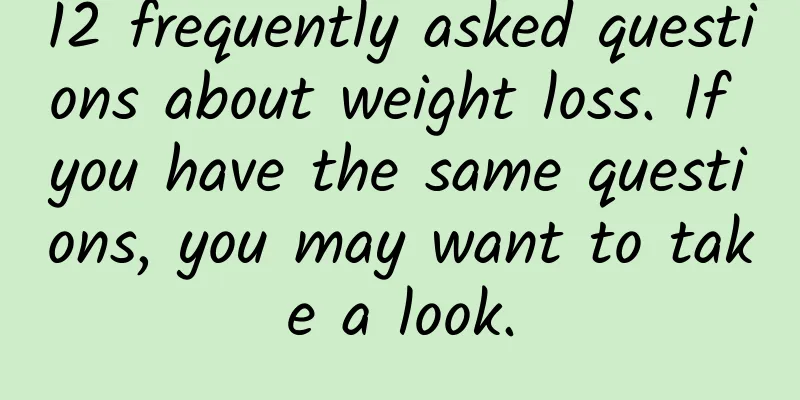
|
12 frequently asked questions about weight loss. If you have the same questions, you may want to take a look. Question 1: Can I fast? I will give the first answer to this question, because I am asked very often whether fasting is effective or what fasting is. I usually say that fasting is a means, not a necessary method. In the end, it still comes down to what you eat in a day. For example, people who usually have three meals a day and a midnight snack can choose not to eat midnight snacks and breakfast in order to fast. In the long run, they will definitely lose weight. but! Often the reason for being thin is not fasting, but extreme "calorie deficit". Taking the 168 fasting as an example, you fast from 6pm to 10am the next day, and the eating time is eight hours from 10am to 6pm. During these eight hours, you must "eat enough nutrition", which is helpful. If you don't do this, it will become a simple reduction of calories to lose weight. If you return to a normal diet, I guarantee that you will gain weight again (I have seen too many of them). Therefore, dietary choice is more important, and fasting is only an auxiliary means. Question 2: Is exercise necessary? This question is also often asked. Many people would ask, can I lose weight just by adjusting my diet? Can I do it without exercising? This question can be answered by the concept of initial weight. When today's weight is higher, the weight loss effect will definitely be better. This is the so-called initial weight difference. For example: A 100 kg person loses 10% of his weight, which is 10 kg. A 50kg person loses 10% and only gets 5kg Therefore, people who are overweight are more likely to lose weight and the results will be more obvious. This means that if you want to lose fat and weight within today's weight standard, you will have to put in more effort, and exercise is one of the goals you need to work towards. So can we not exercise? The answer is yes, but the effect will be poor, so it is recommended to exercise Question 3 and 4: Can I eat sweets and fried foods? I would like to share these two questions with you together. The answer is yes, but you have to control the "amount" and "frequency". For a more in-depth discussion, you can first observe the frequency of your usual eating. If you eat sweets every day, it may be difficult to stop eating them all of a sudden. So you can slowly reduce it to three times a week, twice... Slowly reduce it, and start adjusting from a method that you can accept. Don't be too extreme, otherwise it will be counterproductive. Question 5: Can I drink milk? Yes, Taiwan’s dietary guidelines recommend drinking it every day. If you are lactose intolerant or afraid of acne, please avoid it. Question 6: Why haven’t I lost weight after reducing sugar intake? 1. Is there any increase in protein while reducing sugar? Among the three major nutrients, if carbohydrates are reduced but protein is not increased, it will cause the same problem as fasting. Losing weight is basically an extreme "calorie deficit", and returning to a normal diet will definitely cause weight gain, so protein must be sufficient. 2. Initial weight loss is all about water changes When reducing sugar or eating a low sugar diet, some people will find that they lose weight quickly. Most of this is due to the consumption of glycogen in the body, which causes water to be lost. Some people will be very happy when they see they have lost weight and start eating a lot, but end up gaining weight again. This is the problem. The best way is to return to a normal diet after a period of time, but don't overeat, replenish the glycogen, so that the water balance will be more stable Question 7: Can I eat fruit that contains sugar? Yes, but you have to control the portion. Based on my experience in current diet discussions, I would recommend 1-2 servings a day. You can swipe right to see how much a serving is. There are detailed pictures and text. Question 8: Can I drink fruit juice? Many people ask, "I don't eat fruit, but can I drink juice?" It is strongly recommended not to drink juice for three main reasons: 1. Loss of nutrients During the fruit juicing process, most dietary fiber will be discarded as kitchen waste, resulting in lower nutrient content than fresh fruit. 2. Eating a lot of sugar For a 360ml glass of orange juice, about 4 oranges are needed to squeeze it. One orange contains about two sugar cubes, and 4 oranges contain nearly 8 sugar cubes, which is a very high sugar content. In other words, one orange can make you feel full, but a glass of orange juice can easily give you the amount of 8 sugar cubes, so it is recommended that you avoid fruit juice as much as possible if you want to control your weight. 3. Extra sugar Acidic drinks add a lot of sugar to neutralize the taste. If you have time to look at the label of lemon juice in the convenience store, you will be shocked to see the amount of sugar. Question 9: Can I drink alcohol? Alcohol is considered an empty calorie drink and can easily affect body fat. If you want to lose weight, avoid it! Question 10: What should I do if I accidentally eat a big meal? You won’t get fat from eating a big meal, nor will you get thin from skipping a meal, so don’t worry too much. Just enjoy the occasional meal together! Question 11: Can I eat as many vegetables as I want? Do you often feel very hungry when you are on a diet? Can I eat more vegetables? The answer is to pay attention to the cooking method. If you usually eat out, it is recommended to control the portion to about 300g a day. If you eat too much, it will easily lead to too much "oil". In addition, eating out is often based on soybean oil, which will lead to increased inflammation in the body. So vegetables can be eaten, but it depends on how they are cooked! (You can eat more if you simply boil them, but... they taste terrible XD) Question 12: Is it OK to skip a meal? The answer is yes, but this is the same as the issue of fasting. Eat less than one meal, but whether you can get the amount of food you need for the day in other meals. If not, it is recommended to eat normally and control the portion. The above is the cup cover summary, 12 common dietary problems (Photo source: Nutrue - Nutritionist cup lid) |
Recommend
A-mei gained weight by drinking 3 cups of drinks a day? Eat about 9 bowls of rice
Even the queen A-mei Chang can’t resist the tempt...
Children have runny noses, sneezing, itchy skin during the season change... Nutritionists teach you 3 ways to avoid allergies
When the seasons change, parents worry most about...
Common causes of pelvic inflammatory disease
Women often experience low back pain due to their...
Cucumbers are low in calories, help digestion and help lose weight! Cucumbers fight obesity, "this" is the key
Cucumbers are low in calories and rich in nutriti...
Is endometrial thickening difficult to cure?
Surgical treatment is currently the main method f...
Can I get pregnant with ovarian cysts? What are the symptoms?
Can I get pregnant with ovarian cysts? What are t...
How to treat irregular menstruation and polycystic ovary
Menstrual irregularities associated with PCOS req...
Strawberries and blueberries help you lose weight
If you have tried many weight loss methods but ar...
Prevention of uterine fibroids from five aspects
As a common gynecological disease, the incidence ...
Get rid of your fat waist, thick back and wide hips with 4 apple exercises, you can lose weight easily at home
Sweet and fragrant apples are not only nutritious...
What are the prescriptions for Chinese medicine to treat uterine fibroids?
What are the prescriptions for Chinese medicine t...
A brief analysis of several common symptoms of irregular menstruation
There are many female friends who suffer from irr...
Which hospital should I go to for vaginitis?
Which hospital should I go to for vaginitis? It i...
Causes of dysmenorrhea in women
Many female friends experience dysmenorrhea durin...
Will the stomach hurt after miscarriage? Check out the following content
Women must take good care of themselves in the ea...
